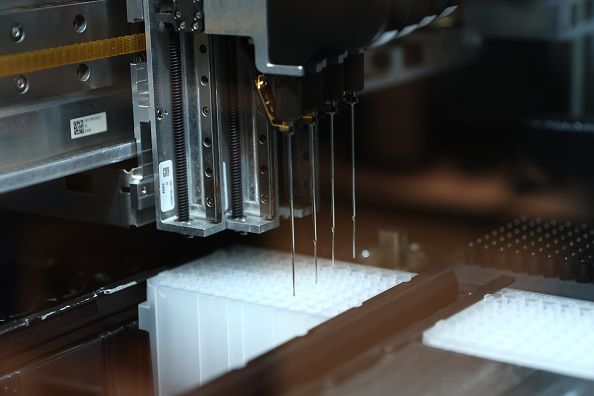Dive Brief:
- The Food and Drug Administration received more than 19,600 comments related to its planned changes to the oversight of laboratory developed tests (LDTs). The public comment period closed on Monday.
- Multiple groups pushed back against plans to increase FDA oversight of LDTs. The American Clinical Laboratory Association (ACLA) is at the forefront of the resistance, submitting a 107-page document that outlines “grave concerns” and urges the FDA to withdraw the proposal.
- Hospitals and healthcare provider groups, like the American Hospital Association (AHA), also opposed the FDA’s proposal, arguing that the rule would limit patients’ access to tests.
Dive Insight:
The FDA closed the comment period Monday, resisting calls to give affected groups more time to send feedback. The length of the comment period is one of many points of contention. Plans to increase regulatory oversight of LDTs, without gaining additional powers from Congress, have alarmed a spectrum of stakeholders.
Pushback against the proposals was immediate, with the ACLA calling for the withdrawal of the proposed rule on the day the FDA outlined its plans. The ACLA followed up this week with a formal submission that includes around 80 pages of its own feedback and a 26-page analysis by an associate professor of public policy and public administration at George Washington University.
“ACLA has grave concerns with FDA’s Proposed Rule, both as a matter of public policy and as a matter of law, and urges FDA to withdraw it. If implemented, the imposition of the ill-suited and rigid medical device authorities on LDTs would reduce patient access to widely used tests and dampen diagnostic innovations that improve and save lives,” the ACLA wrote in its submission.
The trade body, which represents companies including Labcorp and Quest Diagnostics, is one of several groups that have problems with the proposed rule. Many of the comments are from individuals who have submitted text provided by the Alliance for Natural Health USA, an advocacy group that created a prefilled form for comments.
A total of 19,655 comments were submitted, and more than 3,400 were posted and available to be viewed as of Tuesday morning.
The AHA, a top hospital industry group, the Pan American Society for Clinical Virology (PASCV) and Vanderbilt University Medical Center are among the other groups to comment on the proposed rule. The AHA urged the FDA to continue its current enforcement discretion approach, arguing regulating LDTs as medical devices “would have an unquestionably negative impact on patients’ access to essential testing.”
Vanderbilt and the PASCV made similar points. The PASCV is concerned that the regulatory structure is “poorly suited for independent clinical laboratories who develop, but do not manufacture assays” and will reduce access to infectious disease tests. Similarly, Vanderbilt voiced “deep concerns” and asked the FDA to delay its plans until it has collected more comprehensive data on the LDT market.
AdvamedDx, which represents companies that make in-vitro diagnostic tests, said in submitted comments shared with MedTech Dive that the FDA does have the authority to regulate LDTs as medical devices. It also noted its members have been able to bring tests to market through the current review pathways.
Many of the group’s comments focused on the benefits of the VALID Act, a piece of bipartisan legislation that would overhaul how tests are regulated but has ultimately never made it through Congress.
“While FDA, diagnostic test manufacturers, and the public would benefit significantly from comprehensive diagnostics regulatory reform, we acknowledge that such a transformation of the FDA’s regulatory environment likely necessitates an act of Congress,” AdvamedDx Executive Director Zach Rothstein wrote.

